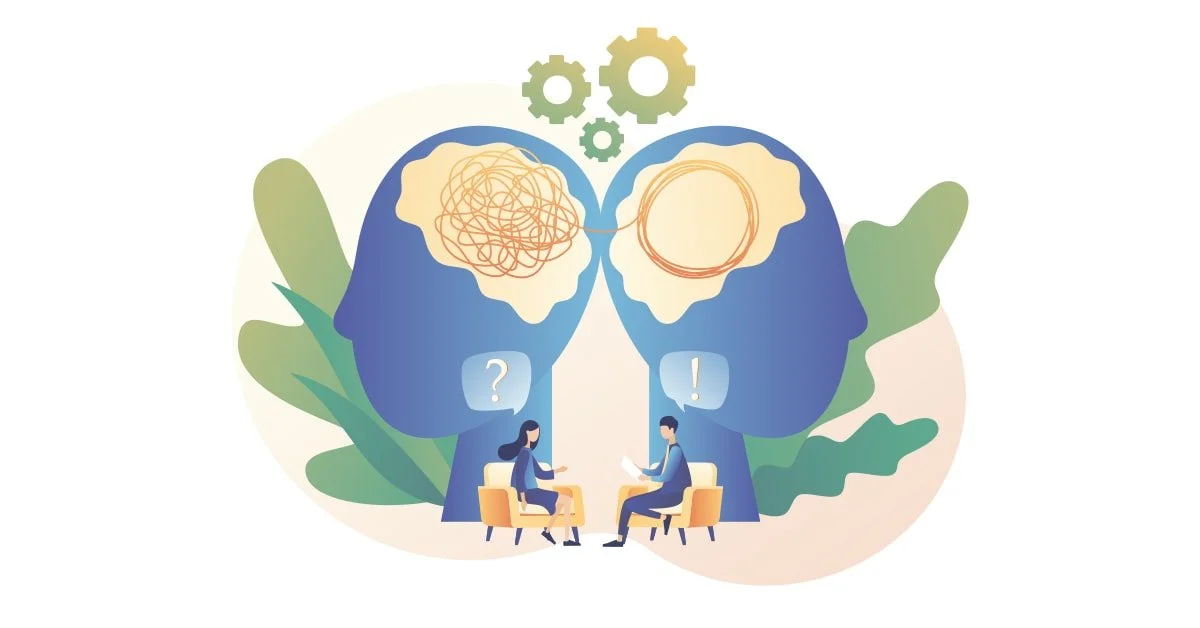Psychedelics are a re-emerging treatment option showing very promising & effective results for a host of mental health concerns: addiction, anxiety, depression, eating disorders, OCD, PTSD. And I am here for it!
There are a lot of myths and misconceptions about psychedelics in general due to The War on Drugs back in the 1970s that deemed these class of drugs as dangerous, subsequently resulting in them becoming controlled substances. Also, if you’ve heard horror stories of others having a bad trip and/or have experienced one yourself, it’s enough to have you running away from the very idea of psychedelics & non-ordinary states of consciousness! In a future blog post I’ll talk about the necessary conditions to have a successful psychedelic journey. But for now, I’ll note that being with trained professionals, having done the proper prepwork surrounding your mindset, & being in a therapeutic setting all factor into having a safe & healing experience with psychedelics vs. having a traumatizing experience.
A great starting point for understanding and honoring the cultural beginnings of psychedelics and the evolution of research is Michael Pollan’s book “How To Change Your Mind”. Pollan’s work has also caused waves on Netflix recently with his documentary series highlighting powerful stories of healing via psychedelic therapy. Highly recommend watching it.
I will get personal for a second and share that I have used psychedelics therapeutically on & off for 8+ years. I’ve undergone transformational journeys that were so profound it can make me misty-eyed recalling those experiences. This is not unusual. Many people rate a psychedelic trip as one of the pivotal spiritual moments in their life, akin to the importance of the first birth of a child, getting married, or the like. I don’t say this lightly: my first psychedelic experience was so potent & healing it felt like 10 years of therapy packed into 4 - 6 hours. My personal experiences, coupled with Ketamine being legal to offer in mental health treatment, has prompted me to become a Ketamine Assisted Psychotherapy Provider partnering with Journey Clinical.
I’d love to educate and clear up misconceptions about Ketamine. The unique and versatile medicine that is Ketamine was originally cleared by the FDA as a procedural anesthetic in the 1970s. "Special K” or “horse tranquilizer” as it can be known in the streets can be abused and harmful when using recreationally. However, when used with the correct dosing, intent, & environment, Ketamine can help with more frequent breakthroughs and sustained improvement in symptoms. The dissasociative properties and interactions with the NMDA & AMPA receptors and glutamate neurotransmitter in the brain can allow for traumatic memories and material to be worked with more safely and effectively, heal deeply grooved and unhealthy neural pathways, and create drastic shifts in mood as little as 1 -2 hours and lasting for up to 2 weeks after a dosing session.
Yes, you read that right: ketamine provides mood enhancing effects taking place in little as 1 - 2 hours and lasting as long as 2 weeks after. Think about the power this could have on someone who is at rock bottom and tried traditional medications & varied modalities of therapy, only to find themselves stuck and hopeless in repeated thought, mood, and behavioral patterns limiting their quality of life.
Furthermore, one study of ketamine use for healthcare workers indicated the following:
91% saw improvements in generalized anxiety
79% saw improvements in depression
86% of those who screened positive for PTSD screened negative following course of treatment
92% had significant life/work functionality improvements
You can see why professionals, like me, in the field of mental health and psychiatry are welcoming this paradigm shift in treatment.
“[Ketamine] blew the doors off what we thought we knew about depression treatment.”
Dr. James Murrough, Department of Psychiatry, Mount Sinai Hospital, New York
There’s so much more to share, but will try to keep this blog post relatively brief. For more information & links to additional resources visit:

